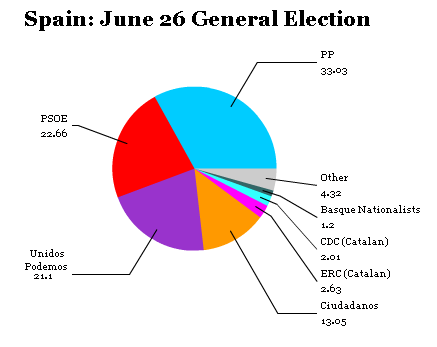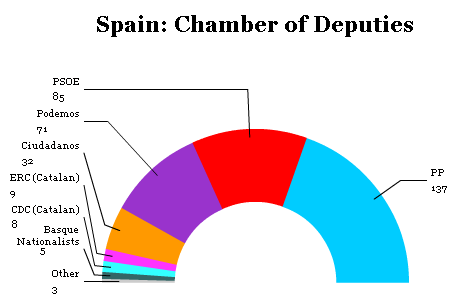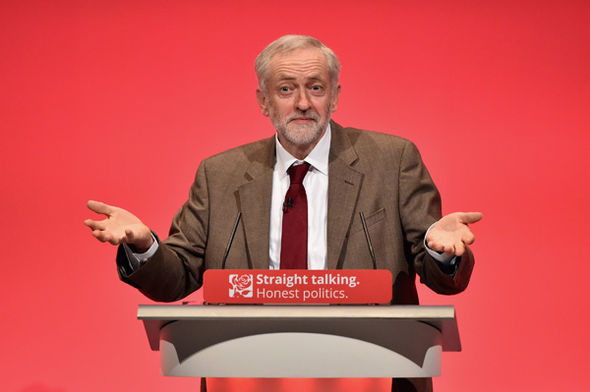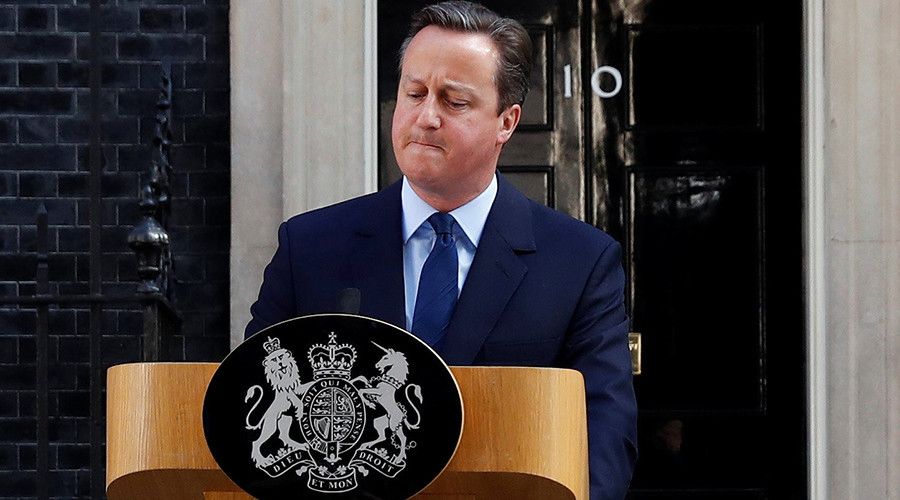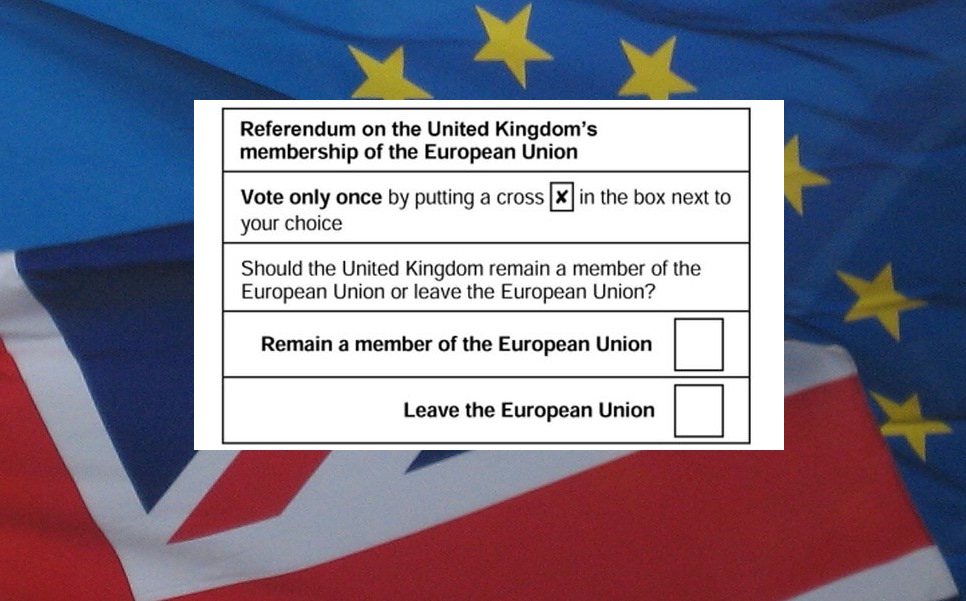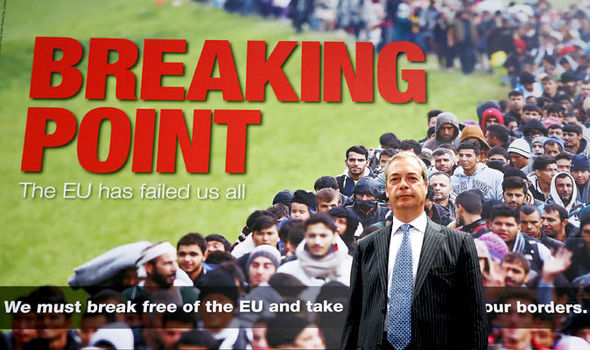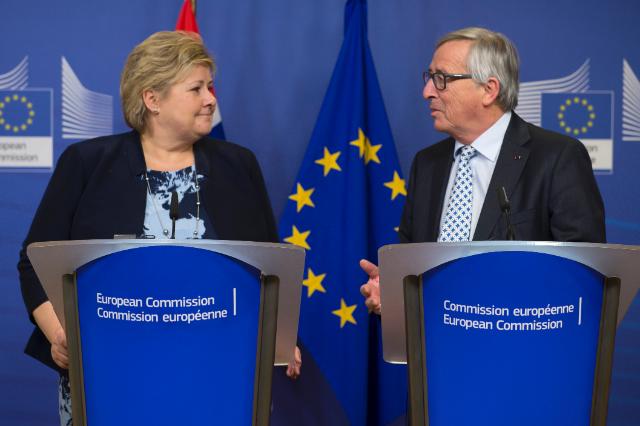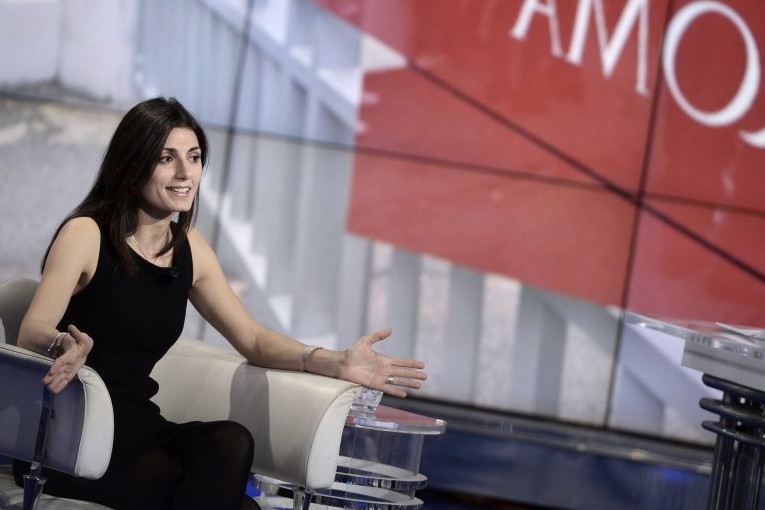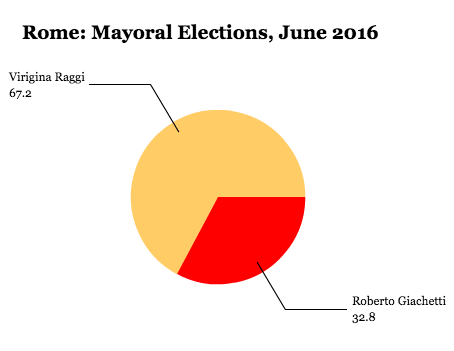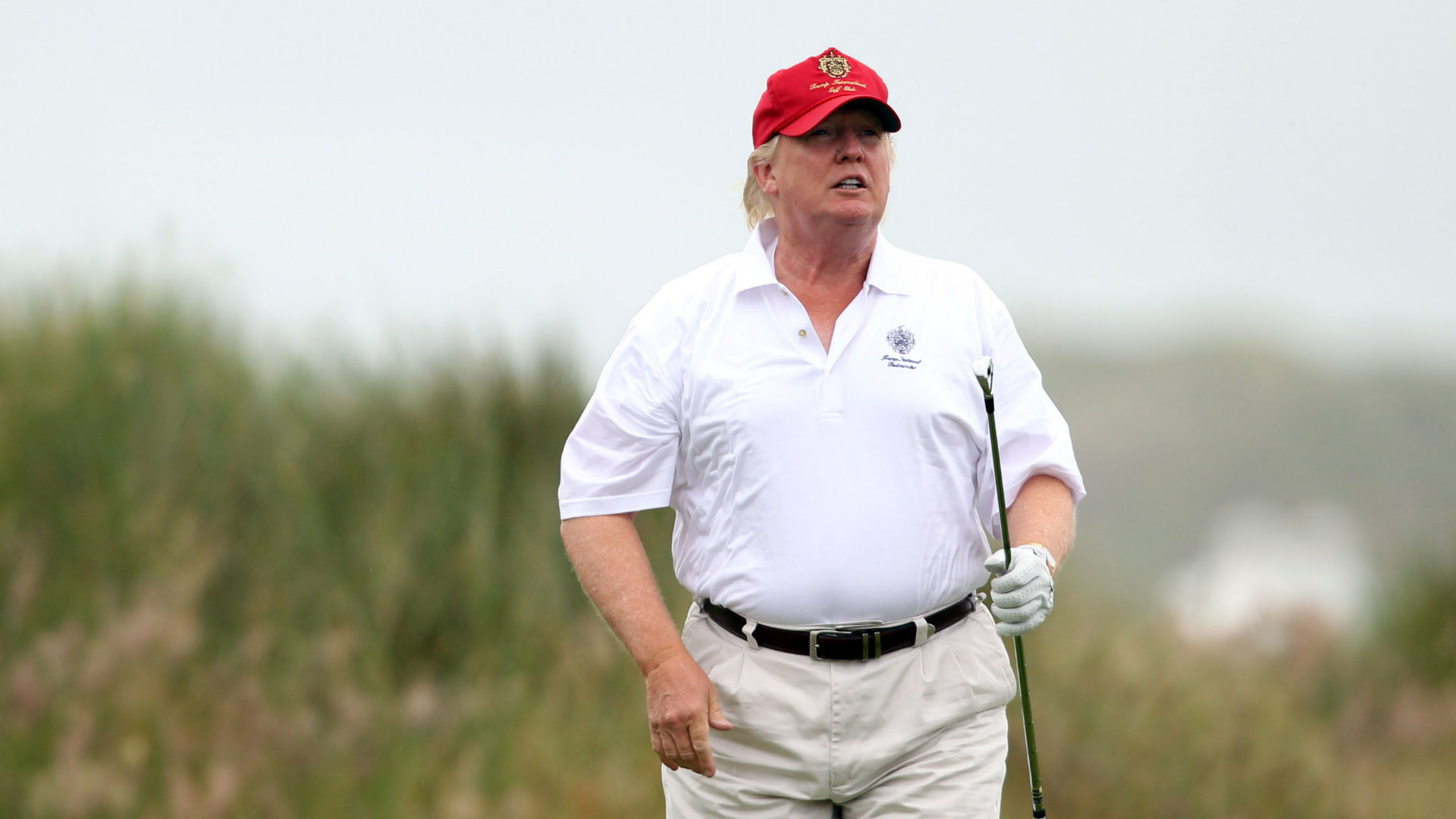
It was a standard assumption throughout the United Kingdom’s EU membership referendum that former London mayor Boris Johnson supported the ‘Leave’ side due in large part to his ambitions of succeeding David Cameron as Conservative Party leader and then as prime minister.![]()
At one point, Amber Rudd, the secretary of state for energy and climate change, in a debate over Brexit, argued that the only number that Johnson was interested in was the number 10 — as in 10 Downing Street. And that was from a rising star in Johnson’s own party.
When Johnson made his high-profile decision to join the Leave camp, he did so shortly after another top figure in Tory politics made the same decision — Michael Gove, previously a close Cameron confidante and justice secretary, but whose main mark on government had been four years of tumultuous (and often divisive) reforms as Britain’s education secretary.
Gove entered politics at Cameron’s request, and he was so close to the prime minister that he served as godfather to Cameron’s severely disabled son Ivan (who sadly died in 2009). It was a blow to Cameron when Gove declared his support for the Leave campaign, and the two’s once-solid friendship is reportedly strained.
After weeks of campaigning alongside Johnson and emerging on the winning side of the referendum debate, however, Gove’s declaration this morning of his own leadership contest has strained far more than a friendship, upending British politics in a week when every hour seems to bring a shocking new twist. Indeed, Gove’s leadership challenge and his ‘more in sadness than in anger’ conclusion that Johnson wasn’t up to the task of being prime minister will now define Gove’s political future. Just as Ed Miliband never fully escaped the cloak of treachery in pipping his own brother, the far more experienced former foreign minister David Miliband, for the Labour Party leadership, Gove’s eleventh-hour change of heart will dominate the narrative of the campaign ahead. Nigel Evans said that Gove had ‘stabbed Boris in the front,’ and even Johnson, in his remarks in withdrawing from the leadership race, paraphrased Shakespeare’s Julius Caesar, subtly comparing Gove to Brutus, the friend-turned-assassin.
When a private email to Gove from Gove’s wife, Sarah Vine, a columnist for the Daily Mail, was accidentally leaked to the press yesterday, it showed that Gove and his private circle held considerable doubts about a Johnson government. In closing out her email, Vine advised Gove to ‘be his stubborn best.’
It seems that Gove was far more stubborn than anyone believed possible when he made a late-night decision to stand for the leadership himself — Johnson found out along with the British press this morning as Gove announced his plans:
In particular, I wanted to help build a team behind Boris Johnson so that a politician who argued for leaving the European Union could lead us to a better future. But I have come, reluctantly, to the conclusion that Boris cannot provide the leadership or build the team for the task ahead. I have, therefore, decided to put my name forward for the leadership. I want there to be an open and positive debate about the path the country will now take.
Gove will be a formidable candidate. He comes to the Tory leadership race, presumably, with many (though not all) of the MPs who were prepared to support Johnson and Gove as something of a joint ticket (with the implication that Gove would serve as Johnson’s chancellor and a guarantor that a Johnson government wouldn’t go wobbly on Brexit).
But while Johnson may have indeed been a fair-weather convert to Brexit, no one should doubt Gove’s long-held euroscepticism. It comes, in part, from Gove’s own background, watching the fishing business that his father and grandfather built destroyed by European competition in the 1970s. If Johnson brought the personality and ‘star power’ to the Leave campaign, Gove brought with him the accumulated credibility of one of the Conservative Party’s brightest and most committed reformists. Though Johnson and United Kingdom Independence Party (UKIP) leader Nigel Farage perhaps won more headlines, Gove was also in the mix, making a credible case for Brexit, earning plaudits as the ‘brains’ of the Leave campaign.
After leaving Oxford, Gove entered the media world and quickly became one of the lights of the right-wing press. When he came to politics in 2005, winning election to parliament from the southeastern English constituency of Surrey Heath, he was part of Cameron’s original ‘Notting Hill’ set that included chancellor George Osborne, whose vigorous support for the Remain campaign eliminated his long-held wishes of succeeding Cameron as prime minister. On social policy, Gove has always been as progressive as Cameron or Osborne — he supported providing marriage equality for gays and lesbians in the 2013 landmark parliamentary vote, for example.
Upon the Conservative victory in the 2010 general election and Cameron’s governing coalition with the Liberal Democrats, Gove became secretary of state for education, and he used the position to upend the state of English education for the next four years. To this day, Gove is a figure of hatred and scorn among British teachers for the pace and extent of the policy reforms he initiated. As education secretary, he uncoupled schools from local authorities (giving them more freedom) while introducing all sorts of micromanaging revisions to the English curriculum (thereby taking away much of that freedom). He made it easier for researchers to access information about education and schools to determine which strategies are performing well.
Though Cameron, in part due to howls of protest from teachers, demoted him to chief whip in 2014, Gove was appointed secretary of state for justice in 2015, where he has had much less time to implement deep reforms. (He did, however, discontinue a court fee introduced by his predecessor Chris Grayling).
Gove will now make the case that only a Leave supporter — unlike his chief competitor, home secretary Theresa May — can credibly assume the premiership after the decision in last Thursday’s referendum. He will also argue that, unlike May, he alone is willing to hold firm in negotiations with the remaining 27 member-states of the European Union. As one of the leading voices of the Leave campaign, Gove will begin with significant support among the Tory eurosceptic backbenches. If he winds up as one of the final two contenders, he may find that his Leave support will be rewarded among those rank-and-file Tory members who will determine the winner of the runoff this summer. His starring role in the Leave campaign may have made him far more palatable to Tory rank-and-file who now see him less as an Oxbridge policy nerd and more of a crusader for their own (anti-EU) values.
But as Hugo Dixon noted earlier today, Gove is a something of a radical — more so than just a small-c conservative — and that separates him from Cameron, May and perhaps even Johnson. In light of the rapid pace of political developments, however, there’s no guarantee that Gove will even make it into the wider runoff. Work and pensions secretary Stephen Crabb has already amassed several high-profile endorsements and the support of nearly 20 MPs. If Gove helped put Johnson on the pile of so many would-be prime ministers who never quite made it out of the starting gate — Michael Portillo, Kenneth Clarke, David Miliband — no one should be surprised if Gove himself winds up behind May and Crabb in the parliamentary voting that will take place in the first two weeks of July. Unlike Johnson, May or Crabb, Gove has something of an awkward, even oddball, personality, and Gove himself has many times said that he lacks the talent to be prime minister.
Then again, after getting the best of one-time mentor Cameron and one-time ally Johnson, it wouldn’t be surprising to see Gove thrive, either.

